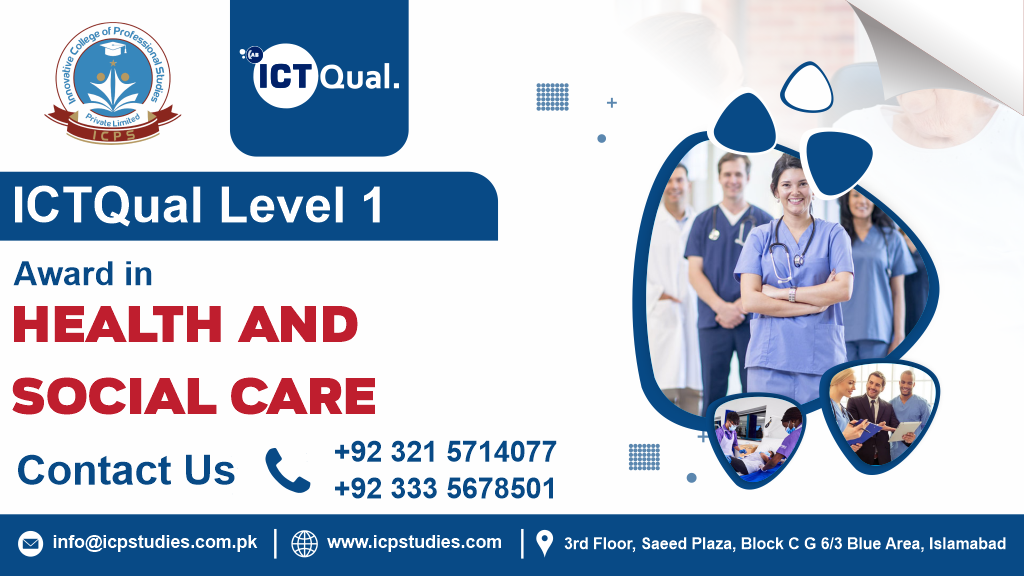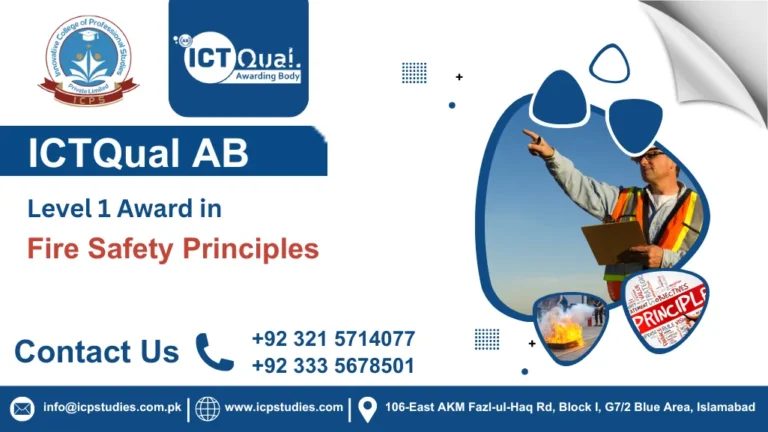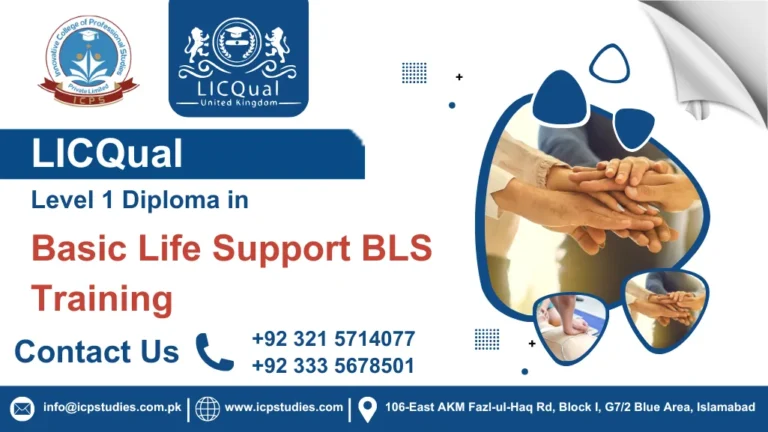In today’s rapidly evolving world, the demand for skilled professionals in health and social care continues to rise. For those looking to embark on a career in this essential field, the Level 1 Award in Health and Social Care serves as an invaluable starting point. This qualification not only provides a solid foundation for further studies but also equips individuals with the basic knowledge and skills required to make a meaningful contribution to this vital sector.
The Level 1 Award in Health and Social Care is an introductory qualification designed for individuals who are new to the field or considering a career in health and social care. It is aimed at providing fundamental insights into the industry, covering basic concepts and principles that underpin effective care delivery.
The Level 1 Award in Health and Social Care is more than just a qualification; it is a gateway to a rewarding career dedicated to making a positive impact on people’s lives. It offers a comprehensive introduction to the principles and practices of care, setting the stage for further education and professional development. For anyone passionate about helping others and considering a career in health and social care, this award represents an excellent first step on that journey.
All About ICTQual Level 1 Award in Health and Social Care
Course Overview
The Level 1 Award in Health and Social Care is an introductory qualification designed to provide individuals with a fundamental understanding of the health and social care sector. It is particularly aimed at those who are new to the field or considering a career in this essential and rewarding area. This award lays the groundwork for further study and development within the sector by covering core concepts and foundational knowledge.
The Level 1 Award in Health and Social Care is a valuable qualification for anyone interested in beginning a career in this vital sector. It offers a comprehensive introduction to the principles and practices of care, equipping learners with the basic knowledge and skills needed to make a positive impact. Whether you are looking to start your career, change fields, or explore your options, this award provides an essential first step on your journey in health and social care.
Study Units
- Introduction to Health and Social Care
- Regulatory Compliance and Standards
- Health and Safety in Care Settings
- Personal Care and Hygiene
- Equality and Diversity
- Introduction to Anatomy and Physiology
the following requirements:
- Age Requirement: Participants should be at least 16 years old.
- Basic Literacy and Numeracy: A basic understanding of English, along with fundamental literacy and numeracy skills, is essential for completing the course.
- Interest in Health and Social Care: A genuine interest in the field and a desire to learn about care practices is beneficial.
- Course Registration: Participants must register for the course through an accredited training provider.
- Payment: Course fees must be paid as required by the training provider.
- Commitment to Attend: Participants should be prepared to attend the full duration of the course and complete any required assessments to receive certification.
The ICTQual Level 1 Award in Health and Social Care is designed for:
- Individuals New to the Sector: Those looking to start a career in health and social care without prior experience.
- Entry-Level Workers: Individuals seeking foundational knowledge about health and social care practices.
- Students: Young people exploring opportunities in health and social care fields.
- Volunteers: Individuals interested in volunteering in care settings who want basic training.
- Parents and Guardians: Those wanting to understand care principles to support family members effectively.
- Anyone Exploring a Career Change: Individuals considering a shift to the health and social care sector.
This course provides essential insights into health and social care principles, helping participants build a foundation for further education or entry-level roles in the field.
Learning Outcome
1. Introduction to Health and Social Care
Learning Outcomes:
- Understand the Structure of the Sector: Learners will be able to identify and describe different types of health and social care services and settings, such as hospitals, care homes, and community services.
- Recognize Professional Roles: Learners will be able to explain the roles and responsibilities of various professionals within the health and social care sector, including their contributions to patient and client care.
- Explain Care Principles: Learners will be able to outline key principles of care, such as person-centered care, and understand their importance in delivering quality services.
- Identify Career Pathways: Learners will be able to explore and discuss potential career pathways and opportunities within the health and social care sector.
2. Regulatory Compliance and Standards
Learning Outcomes:
- Understand Regulatory Frameworks: Learners will be able to explain the purpose and importance of regulatory frameworks and standards in health and social care.
- Identify Key Regulations: Learners will be able to identify key regulations, legislation, and standards that govern care practices, including those related to safeguarding and quality assurance.
- Apply Compliance Principles: Learners will be able to demonstrate an understanding of how to apply regulatory standards in practice, including the importance of maintaining compliance in daily care activities.
- Recognize Reporting Procedures: Learners will be able to describe the procedures for reporting breaches or concerns related to regulatory compliance and standards.
3. Health and Safety in Care Settings
Learning Outcomes:
- Understand Health and Safety Protocols: Learners will be able to identify and describe essential health and safety protocols and practices required in care settings.
- Recognize Risk Factors: Learners will be able to identify common health and safety risks and hazards in care environments and understand their potential impact on individuals.
- Implement Safety Measures: Learners will be able to demonstrate how to implement and follow safety measures, including infection control procedures and the safe use of equipment.
- Respond to Emergencies: Learners will be able to describe appropriate responses to emergency situations, including basic first aid and emergency evacuation procedures.
4. Personal Care and Hygiene
Learning Outcomes:
- Understand Personal Care Needs: Learners will be able to explain the importance of personal care and hygiene for individuals in health and social care settings.
- Demonstrate Hygiene Practices: Learners will be able to demonstrate basic personal hygiene practices, including handwashing and maintaining a clean environment.
- Provide Personal Care Support: Learners will be able to describe how to assist individuals with personal care tasks, such as bathing, dressing, and toileting, while respecting their dignity and privacy.
- Recognize the Impact of Hygiene: Learners will be able to discuss how proper personal care and hygiene contribute to overall health and well-being.
5. Equality and Diversity
Learning Outcomes:
- Understand Equality and Diversity Principles: Learners will be able to define key concepts related to equality and diversity, including their importance in care settings.
- Recognize Discrimination: Learners will be able to identify forms of discrimination and understand their impact on individuals in health and social care.
- Promote Inclusivity: Learners will be able to describe ways to promote inclusivity and equality in care practices, ensuring that care is delivered fairly and without bias.
- Respect Individual Differences: Learners will be able to demonstrate respect for individual differences and provide person-centered care that acknowledges and values diversity.
6. Introduction to Anatomy and Physiology
Learning Outcomes:
- Understand Basic Anatomy: Learners will be able to identify and describe key anatomical structures and their functions, including major organs and systems of the body.
- Explain Basic Physiology: Learners will be able to explain fundamental physiological processes and how they relate to overall health and well-being.
- Apply Knowledge to Care: Learners will be able to apply basic anatomical and physiological knowledge to understand common health conditions and provide appropriate care.
- Recognize the Impact of Health Conditions: Learners will be able to describe how specific health conditions affect different body systems and impact individuals’ needs in a care setting.
FAQs about ICTQual Level 1 Award in Health and Social Care







